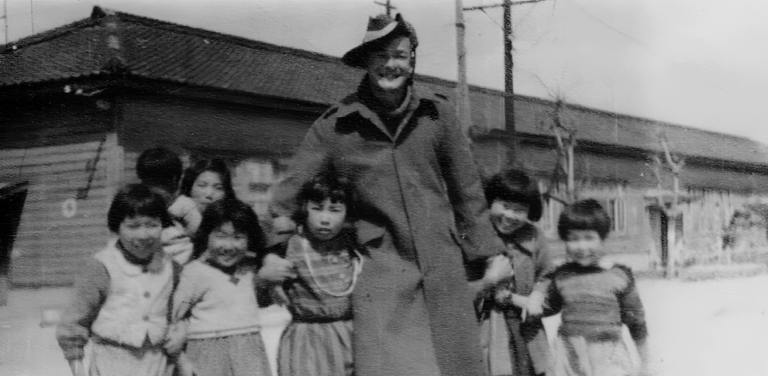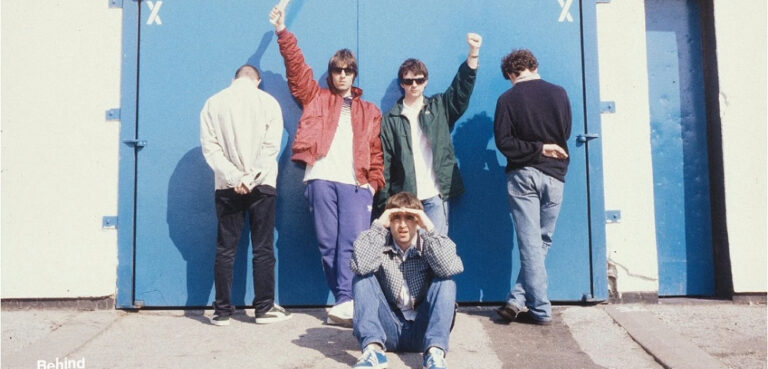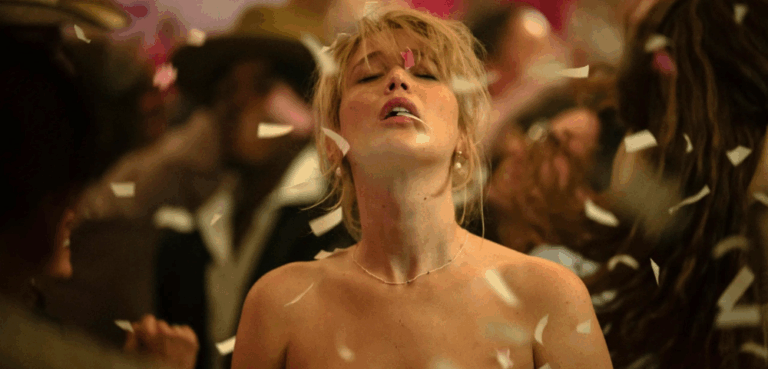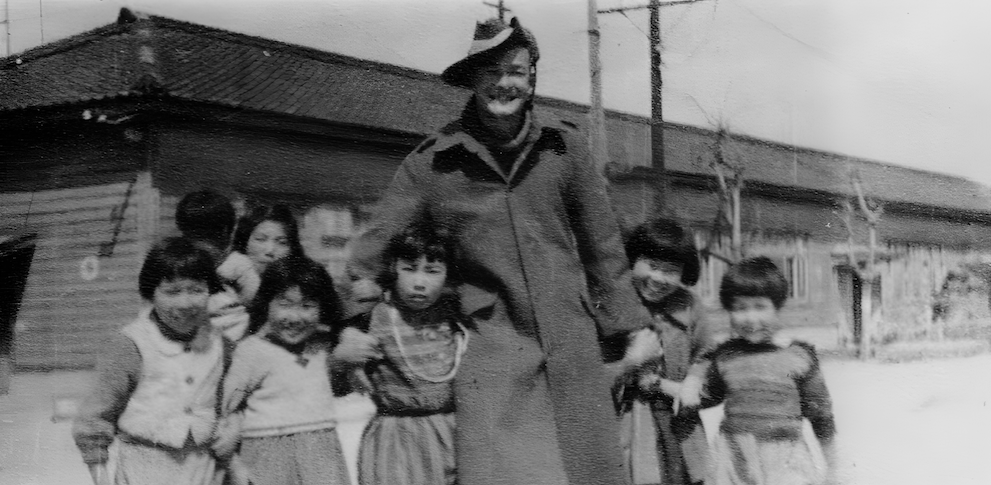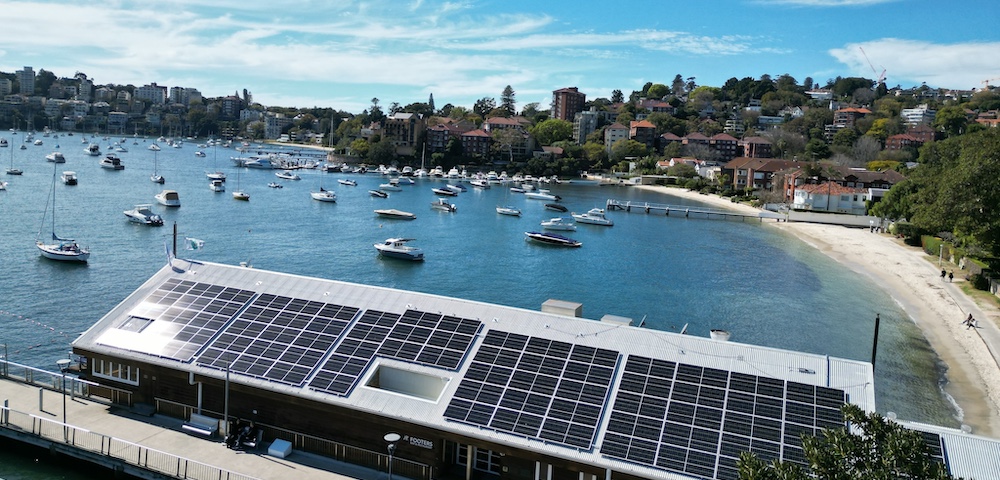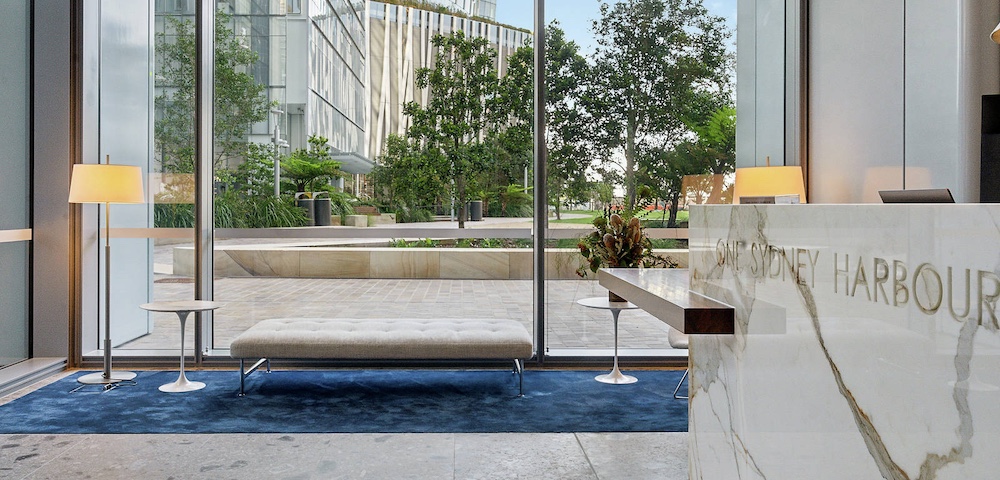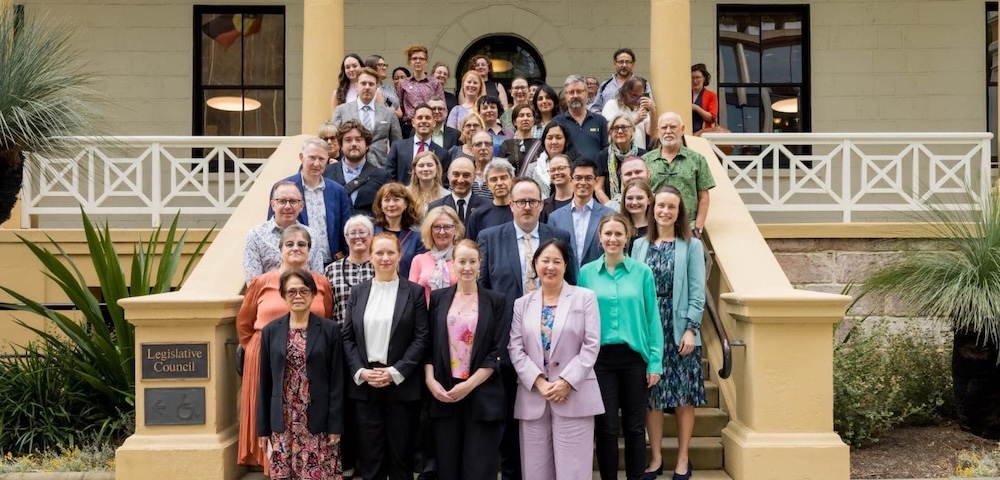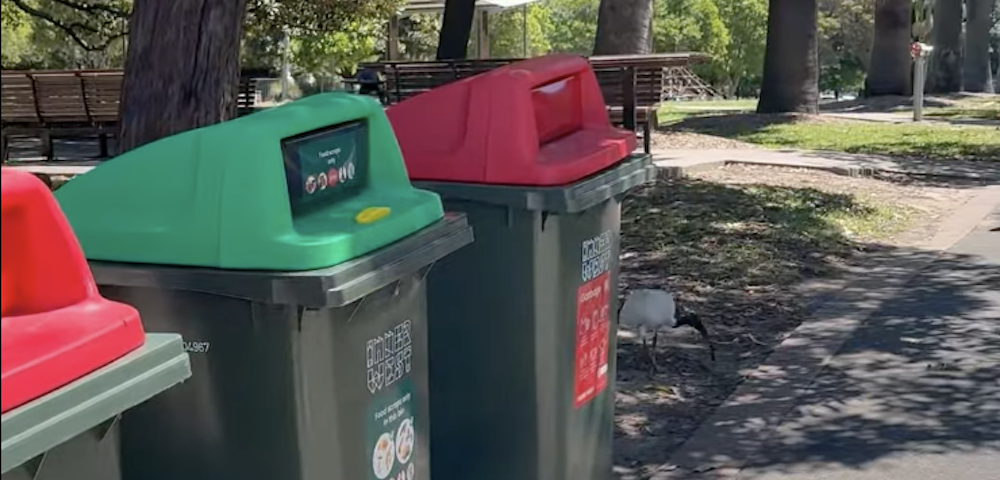

From 10 December, Australian children under 16 will be banned from creating accounts on YouTube and other social media platforms, as part of the Albanese Government’s new Online Safety Rules. The decision was announced Wednesday, targeting platforms that allow user interaction and content sharing.
The legislation now applies to Facebook, Instagram, TikTok, Snapchat, X and YouTube. Companies failing to restrict underage accounts face fines of up to $49.5 million. YouTube had previously been exempt, but was added following advice from the eSafety Commissioner.
Communications Minister Anika Wells said the change would “give kids a reprieve from the persuasive and pervasive pull of social media” while helping parents “sleep easier”.
Prime Minister Anthony Albanese said, “Social media is doing social harm to our children, and I want Australian parents to know that we have their backs.”
Experts warn ban may backfire
But some experts warn the inclusion of YouTube could have unintended consequences. Dr Alexia Maddox, a senior lecturer at La Trobe University, said the move “may inadvertently discourage educators from using valuable educational content”.
“Young people lose access to safety features like content moderation and reporting tools, while parents lose access to parental controls, when children access the platform without accounts — which they can still do under these rules,” she said.
Professor Therese Keane, also from La Trobe, noted that YouTube “was never intended to be an educational tool”, but stressed the need for schools to teach digital citizenship and media literacy rather than rely on blanket bans.
Finley Watson, a PhD candidate in politics at La Trobe, said YouTube “has long been an essential site for political participation” and warned the ban may “drive younger Australians towards sites of fringe political communication”.
The Wiggles join lobbying
According to a report by 9News, Minister Wells revealed that YouTube enlisted the popular children’s entertainment group The Wiggles to lobby against the platform’s inclusion in the ban.
“YouTube did send The Wiggles to try and persuade me to their position,” Wells said.
She added that the group argued for children’s right to access YouTube but said she remained unconvinced, citing statistics that show four in ten children experience harm on the platform.
“I just didn’t find that argument ultimately persuasive,” she said.
The government said services excluded from the rules include messaging apps, online gaming, and platforms with health or education purposes, as they pose fewer risks or are regulated under separate laws.
YouTube responded in a statement to 9News, saying it was “a video-sharing platform, not social media” and criticised the reversal of a public commitment to exclude it from the law. YouTube Kids is expected to remain accessible.

